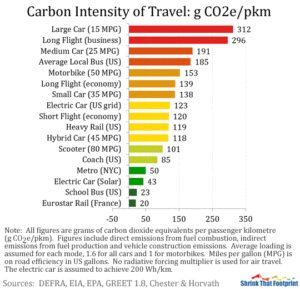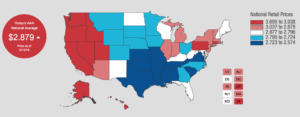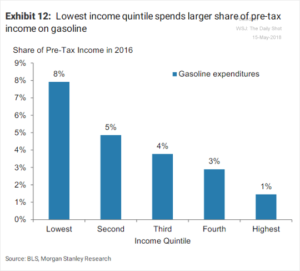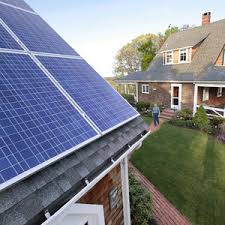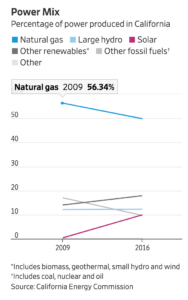(Editor Note: Insight Bytes focus on key economic issues and solutions for all of us, on Thursdays we spotlight in more depth Solutions to issues we have identified. Fridays we focus on how to build the Common Good. Please right click on images to see them larger in a separate tab.)

Photo: USA Today
The US Forest Services has kicked off a new program to reclaim urban lumber from abandoned homes by using workers from non-profits who had criminal records. The innovative program attacks two major problems in urban centers like Baltimore, where 70 % of criminal offenders are returned to prison within 3 years, and there are over 16,000 abandoned structures in the city. Quite often the abandoned structures are hives of prostitution, drugs and criminal activity.
Morgan Grove, Urban Wood Project leader, says “It’s about air quality and water quality. It’s also about reducing crime and helping people move forward”. She continued by declaring, “At its core, it’s really still maintaining the mission of revitalizing that the Forest Service has had since the agency was started in the early 1900s.”
The following table outlines the linked issues of high crime, abandoned buildings, high prison rates and the health of communities:
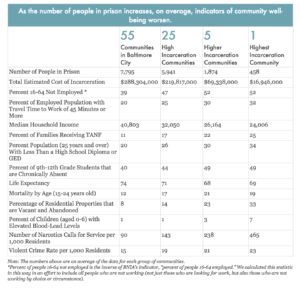
Sources: Justice Policy Institute, Prison Policy Initiative – Maryland, USA Today – 6/11/18
It is interesting to note the issues Baltimore city officials face in reclaiming their communities to return them to being healthy places to live, environmentally, and to redeem the people in the community to a productive life. We see many of these same issues in the rural regions of our country, that have been left behind by losing jobs to other offshore sites, reduced education opportunities, poor health, drugs and slow Internet infrastructure.
As a country we are missing the opportunity to rebuild lives, the environment and the economy unless we support innovative programs like the Urban Wood Project.


